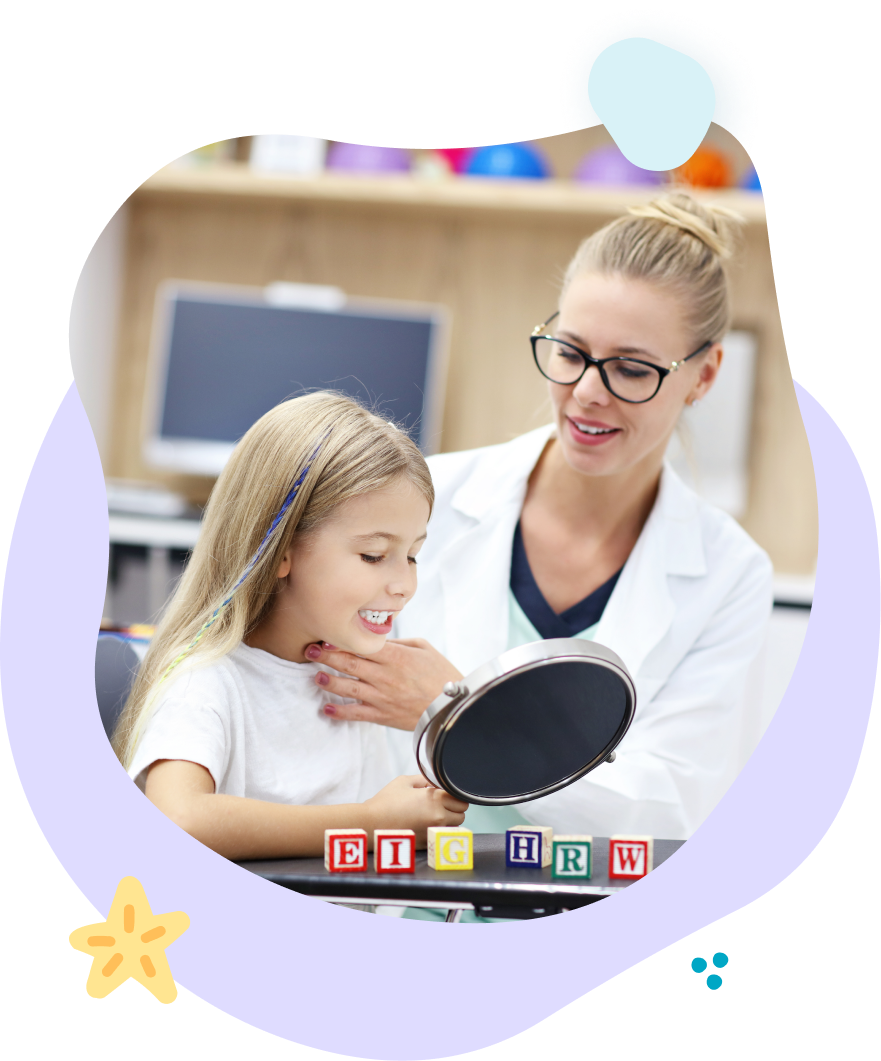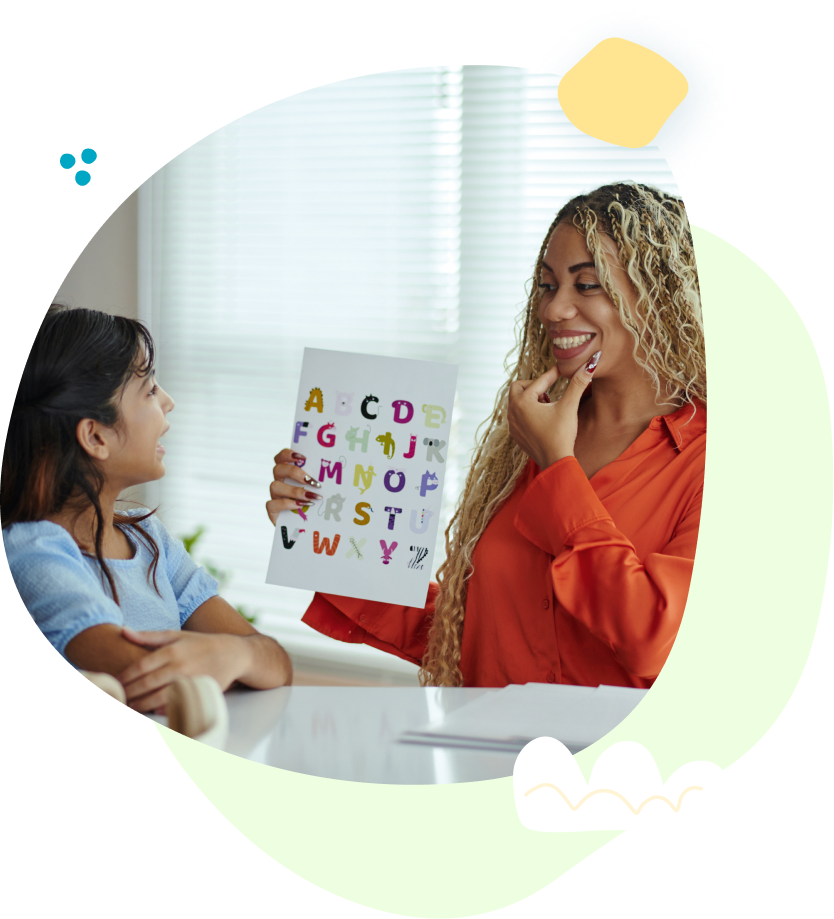Your Clinic
SET A LOCATION
Your Clinic
SET A LOCATION
Gestalt Language Processing (GLP) is a fascinating framework for understanding how some individuals, particularly those with autism or other communication differences, develop language skills. This approach highlights a unique method of language acquisition that can greatly benefit from targeted speech therapy. Below, we explore what gestalt language is, its characteristics, and how speech therapy can empower individuals on their communication journey.
Gestalt Language Processing refers to a way some individuals acquire
language through chunks or phrases rather than individual words. Unlike analytical language processors, who build sentences word by word, gestalt processors might initially mimic phrases they hear in specific contexts, often with no clear understanding of the words' individual meanings.
Repeating phrases or sentences heard from others or media.
Applying phrases in scenarios tied to the
original context.
Often associated with a slower
progression through typical language milestones.
Gestalt learners often break down
memorized phrases into smaller units as they develop.
Recognizing gestalt language processing is crucial for tailoring effective communication interventions. Without this awareness, language support strategies might overlook the unique needs of gestalt processors, leading to frustration or limited progress.

Speech therapy (SLP) plays an instrumental role in helping gestalt language processors navigate their unique language journey. Therapists trained in GLP approaches can provide targeted interventions to support meaningful communication.
Speech therapists leverage echolalia as a strength, gradually helping learners extract meaning from phrases. They encourage the use of phrases in appropriate contexts and work on breaking them into smaller, meaningful components.
Therapists introduce flexible, functional language models that resonate with the learner’s context and experiences.
Speech therapy focuses on practical, everyday communication, such as requesting items, expressing emotions, or participating in social interactions.
Gestalt learners often tie language to emotions. Therapists help them connect words with feelings to support emotional regulation and social engagement
Involving caregivers ensures that strategies are consistent across environments, reinforcing learning at home and in social settings.
If you notice these behaviors, a speech therapy (SLP) evaluation may help:
Reliance on memorized phrases or scripts.
Difficulty forming sentences with individual words.
Repeating words or phrases without understanding their meaning.
Struggling with language milestones.

Look for therapists with experience in augmentative and alternative
communication (AAC) or those trained in the Natural Language Acquisition (NLA) framework. Partnering with the right professional ensures that therapy aligns with your child's unique needs.
Speech therapy (SLP) tailored to gestalt language processors unlocks potential and paves the way for meaningful communication. By recognizing and supporting this unique learning style, therapists, families, and educators can create a path toward expressive, functional language.
Find additional resources focused on supporting children with Gestalt language development. Empower your child's communication and growth with our insightful materials.
Read about Gestalt Language Processors
Empower your child with the gift of meaningful communication. Schedule an evaluation with a certified speech therapist today and unlock their potential!
We empower children, families, and the community to learn, grow, and celebrate every child's unique abilities.
Quick Links
Contact Details
Phone: 561-376-2573 | 561-918-0190
Fax: 561-218-4939
VIP Concierge: 561-717-1764
Clinic Locations
All Rights Reserved | Progressive Pediatric Therapy, Inc. | Privacy Policy | Terms of Service
Site by Spearlance